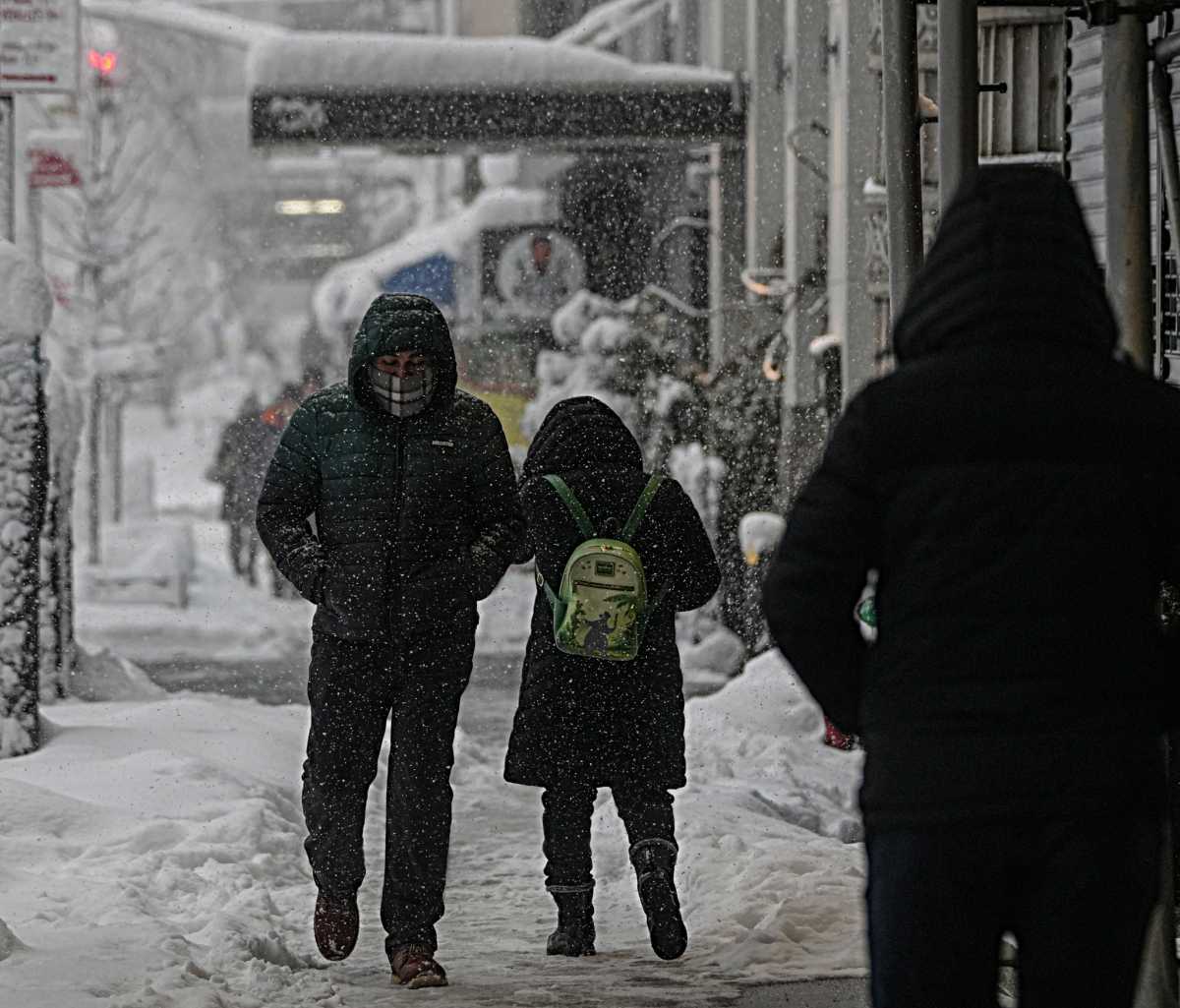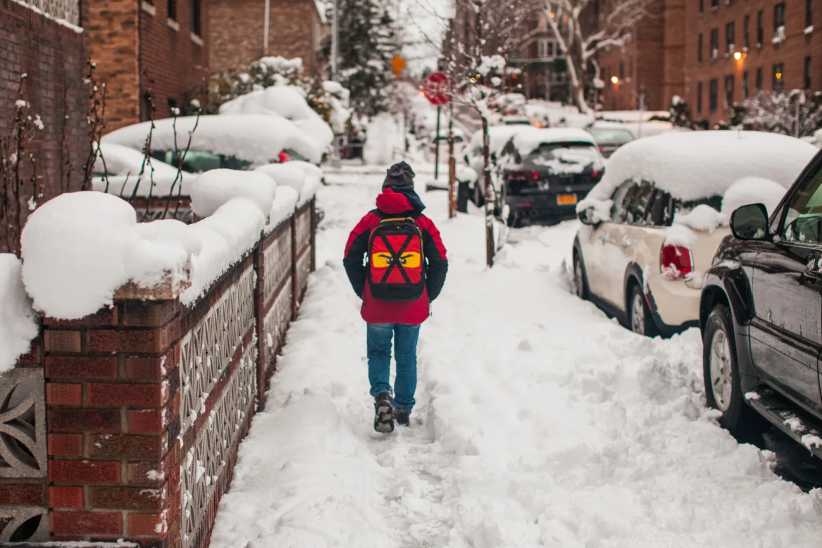Scientists from the North Shore-LIJ Health System have announced some of the findings from a study that examined the long-term effect that physical abuse had on a group of teenagers.
Ten years ago, 100 teenagers with recorded physical abuse, their families and 100 teens that had not been abused were interviewed. Those interviewed were recently revisited so that scientists could “see how these young people had shaped their adult lives and if those physically abused when they were teenagers led to obvious differences in the paths they chose.” They spoke with 67 from the abused group and 78 from the non-abused group.
“Until now, not much was known about the impact of physical abuse on adolescents,” said Dr. Sandra Kaplan, the Director of the Division of Trauma Psychiatry at North Shore University Hospital and The Zucker Hillside Hospital.
The study showed that more of the abused teens had not completed high school and had psychiatric problems. Other findings from the study include:
Also, through a Child Abuse Potential Inventory questionnaire, the study also revealed that about one-third of children from the physically abused group said that they have abused their own children. The scientists said that the children from the abuse group are at a higher risk of also being abused.
The trauma psychiatry division has already developed treatments to combat what they refer to as “generational child abuse.”
After finding out that some of the children from the abused group went on to become successful as adults, researchers are examining what resilient traits they might have possessed.





























